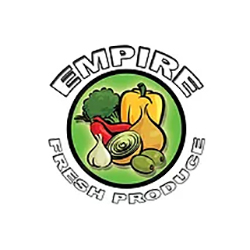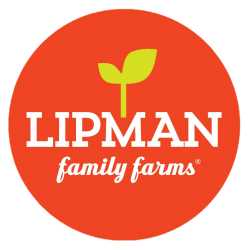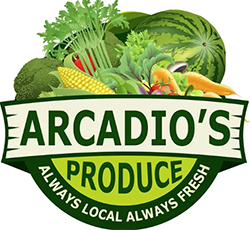Looking for some fun facts for your point-of-sale material? Here are some of the ones we collected from grower-shippers for the cover story in the July-August issue of Produce Retailer magazine.
It makes sense to start with the basics: How do you pick a good cantaloupe? According to The Packer's Fresh Trends consumer survey, only 38% of people are comfortable selecting a ripe cantaloupe for immediate consumption.
Confidence varies depending on a number of factors. Higher-income shoppers (46% and 42%) were the most comfortable selecting cantaloupe, and lower-income shoppers were less so (32% and 33%).
The data didn't reveal major regional differences, but age appears to be a major factor in confidence level, with 56% of people 59 and older saying they could select the fruit well, but lower numbers for those 50-58 (44%), 40-49 (30%) and 18-39 (26%).

“Shoppers should look for an evenly-round and well-netted cantaloupe, free from raised or scarred surfaces,” said Jose Rossignoli, director of global sourcing for Eden Prairie, Minn.-based Robinson Fresh. “Eastern cantaloupes will have a creamy to light green cast with a sweet aroma smell.”
Daren Van Dyke, director of sales and marketing for Brawley, Calif.-based Five Crowns Marketing, noted that Origami variety is a full slip melon, which means that the fruit was picked mature. A clean slip, or the absence of the stem, means the cantaloupe is ripe.
Cantaloupe Fun Facts
- Once cut, cantaloupe lasts longer if refrigerated in glass containers rather than plastic, Rossignoli said.
- Cantaloupe is a low-calorie food with high water content, which means its consumption helps prevent dehydration.
- The cantaloupes that are most popular in the U.S. originate from the muskmelon and are also related to squash, cucumbers and pumpkins, said Letty Flores, marketing executive for Fresno, Calif.-based Pacific Trellis Fruit-Dulcinea Farms.
- A cup of cantaloupe has the recommended daily dose of Vitamin A, more than the half the recommended daily dose of Vitamin C, plus electrolytes and minerals.
Know something that should be on this list but is not? Give us a shout — we'd love to add it.
Related
Back to (produce) school — Avocados
Back to (produce) school — Papayas

















